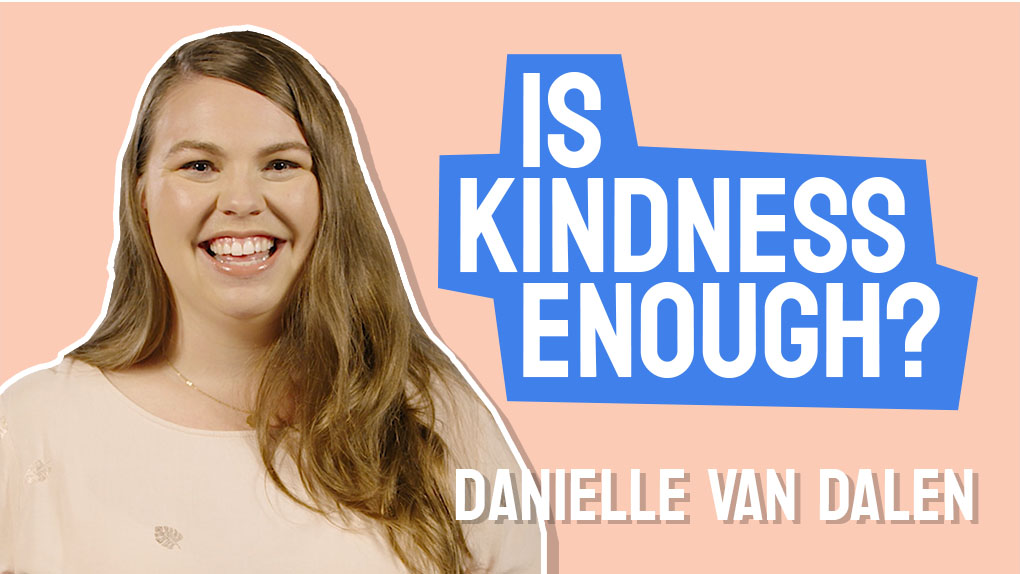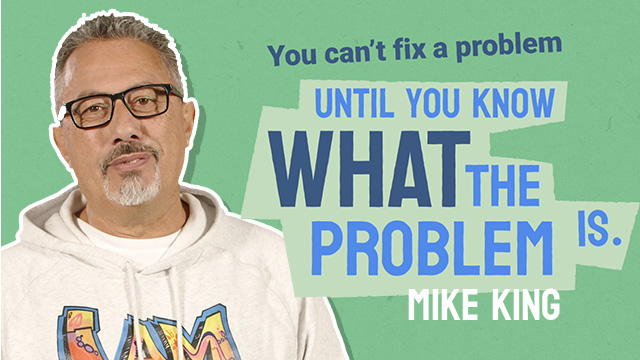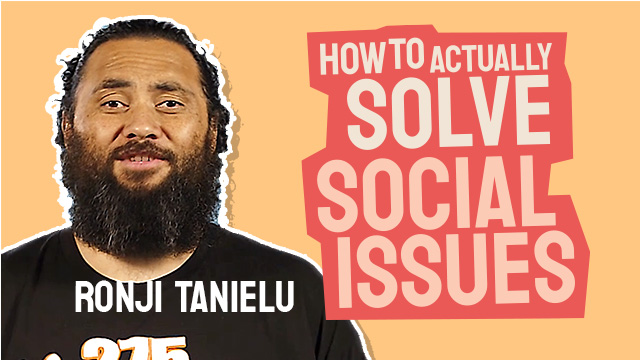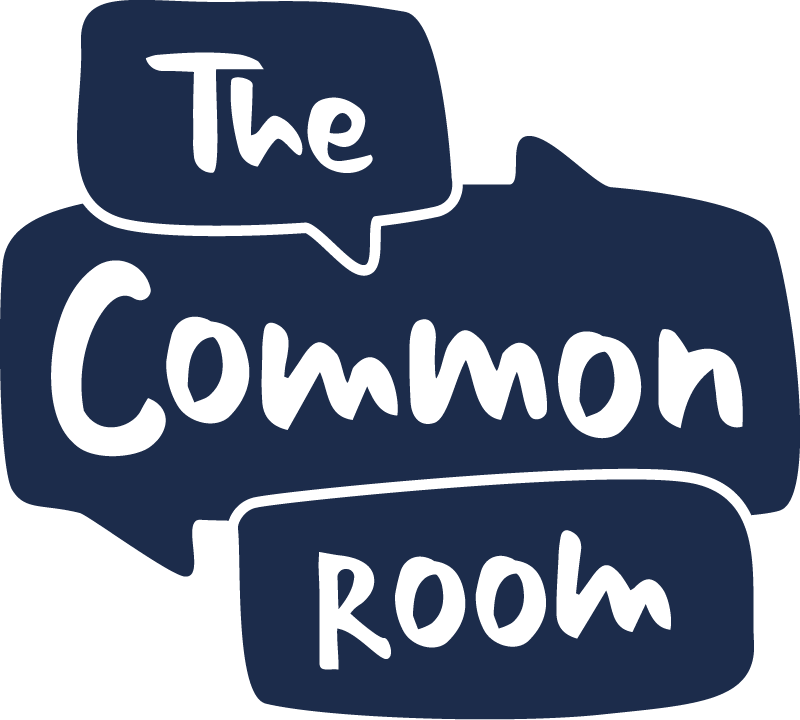The system is failing our kids
Karen Chhour, Act MP
10 December 2022, 22.9k views
For years I’ve never really told my story, as I was ashamed of it. As I got older, I realised unless we are honest with ourselves about our past, we cannot move forward.
My childhood years were tough, I look back at things that went on when I was younger, and I think that was no way to treat a child. By the age of nine, I didn’t think I was going to survive to the age of 10.
As someone who grew up dealing with Child, Youth and Family, I have a deep appreciation of what children need. Each child, regardless of race, has their own individual circumstances and family background that needs to be considered. Every child should be seen as an individual, and their wellbeing must come first.
I don’t think this is happening in New Zealand, not enough is done to break the vicious cycle of trauma, harm and dependencies. The days where we all looked out for each other seem like a distant memory. People are now too scared to interfere in case they offend someone or find themselves cancelled or labelled racist. This attitude has bled into law-making and has serious consequences for children who are most at risk. Now the determining factors for Oranga Tamariki to decide what care children receive are ethnicity and culture. I can tell you that a Māori child is no different to any other child in that they want and deserve to be safe, loved, fed and educated. Shouldn’t the focus be to provide care and support for these children in whatever way is best for their upbringing, regardless of their whakapapa? I’m not saying these factors aren’t important. But some children miss out on good homes because of this overwhelming focus on ethnicity, while loving carers have the opportunity to help these children taken from them because their whakapapa isn’t the same. This is a huge loss, because if it wasn’t for strangers sticking their hands up and helping me in my younger years, I can guarantee you I would not be in this position talking to you today. When you’ve been a victim of abuse and need a home, it doesn’t matter whether your family is Pākehā, Māori, Chinese or African. You just want to feel safe and be loved and cared for.
It’s hard for people to stand up to this, but New Zealand must move on from the -isms in this country: racism, sexism, and classism. I firmly believe that they can be used as weapons to distract from the important issues instead of focusing on what needs to be done in these areas. I myself have heard it all before, “You’re a whakapapa Māori, but you’re not kaupapa Māori”; “You’re a plastic Māori”; “You’re a born-again Māori”, you’re viewing things through a “vanilla lens”. It comes with the territory of being a Māori woman who doesn’t always fit the comfortable stereotypes. But I truly believe that hard conversations need to be had about the care of children in this country. There are too many examples of children slipping through the cracks who deserve a better chance. I hope my experiences can help bring about real change because we have real, urgent challenges to solve.
The more we put people into boxes and force them to undergo an identity test for acceptance, the less likely we are to put our differences aside and create real change for those who need it most. When we get caught up in race and identity, we only distract from these. I think New Zealand needs to focus more on people being the best they can be regardless of the colour of their skin and their whakapapa.
In a time when I am calling for New Zealanders to put their differences aside, I think it’s appropriate to finish in the words of Dame Anne Salmond, someone I would not usually expect to agree with as an ACT MP, and I am sure she would probably say the same. ‘The rights to equal representation and freedom from discrimination are fundamental constitutional principles in Aotearoa New Zealand. No New Zealander should be asked to accept that, by virtue of their birth, they are less worthy than any other.’
I’m Karen Chhour for The Common Room.




